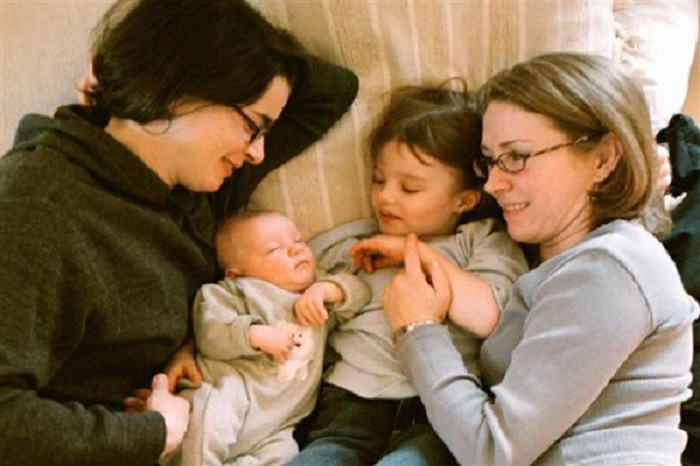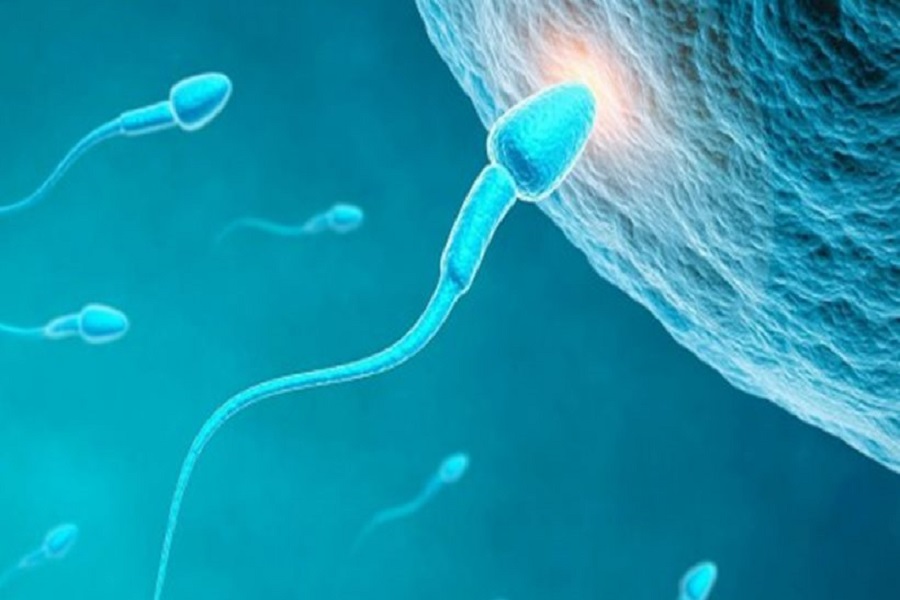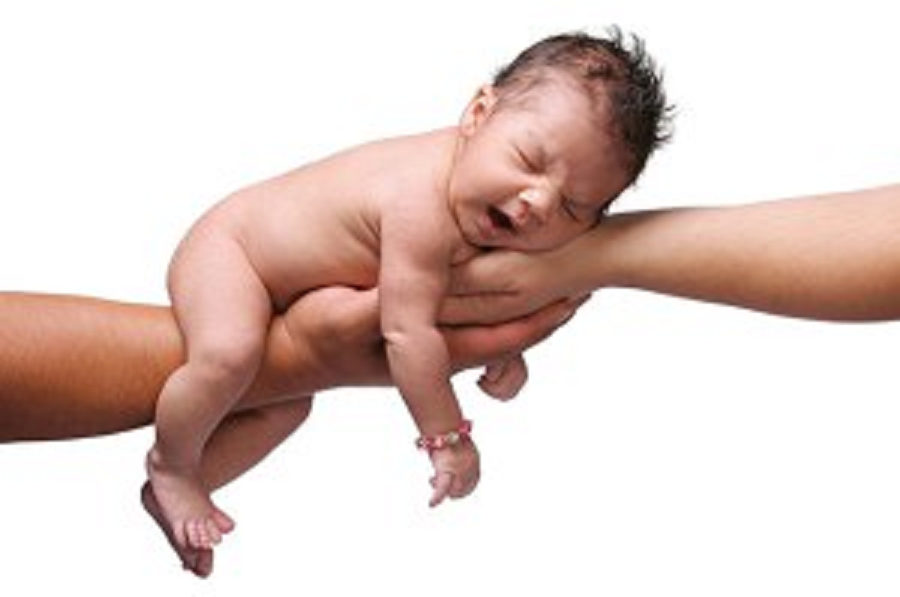News
Ireland: Surrogacy in Ireland: A missed opportunity
Published on: 29/10/2014
 Why does the Children and Family Relationships Bill 2014, published in Ireland on 25 September 2014, contain no provision for surrogacy?
Why does the Children and Family Relationships Bill 2014, published in Ireland on 25 September 2014, contain no provision for surrogacy?The Minister For Justice and Equality, Frances Fitzgerald, in announcing the publication of the Bill on 25 September 2014, sought to justify the exclusion of any provision for surrogacy on the basis that the Irish Supreme Court decision in the case of M.R. & Ors. V An tArd Chláraitheoir & Ors is shortly to be delivered. She also stated that more policy work and consultation is required on critical issues, such as how the law deals with commercial surrogacy and the rights of children born through surrogacy.
The M.R case, which has already been commented on in BioNews 696, concerns an application by the genetic mother of twins, born in Ireland through a surrogacy arrangement, to be registered as their mother on the children's birth certificates.
The decision of Mr Justice Abbott, delivered in the High Court on the 5 March 2013, redefined maternity. He held that the genetic mother, and not the birth mother, was the mother, and that the person with the genetic/blood link was entitled to be registered as the parent on the birth certificate. This decision means that, in the eyes of the law, all children conceived using donor gametes are the children of the donor, and in the absence of legislation this has serious ramifications for the parents of all donor-conceived children and for the meaning of motherhood. The State appealed the decision to the Supreme Court and a stay was put on this order pending judgment, which is due shortly.
On 30 January 2014, during the course of the appeal, the Irish Government announced the publication of a draft version of the Bill. Of particular importance were the provisions relating to surrogacy. Minister Shatter, the then Minister for Justice and Equality, explained that the proposed legislation would provide legal clarity on the parentage of children born through assisted human reproduction and surrogacy. A consultation process was commenced with strict instructions to report back to the Minister by Easter. The Joint Oireachtas Committee sought written submissions from interested parties, held public hearings in April and reported, as charged, in May 2014.
The report noted that the proposed legislation was strongly welcomed by most stakeholders. The Committee concluded amongst other things that no sanction should be imposed for a breach of the bill's provisions, that the definition of surrogacy should include traditional surrogacy, that time limits be extended, that posthumous conception be permitted in limited circumstances and that the draft be amended so as to include provision to protect the child's right to have access to his or her genetic identity. In other words: a positive response. Certainly there was no evidence of insurmountable obstacles, which would or could suggest any need to exclude surrogacy provisions from any proposed legislation. Indeed, the absence of such provision has taken all involved in the area by surprise.
So what has happened? Why did the Government publish the draft Bill in the first place when the Supreme Court was dealing with the Appeal and why, just before delivery of its judgment, has the Government published another version omitting all provision in relation to surrogacy?
Even though the same parties are in Government, there has been a change of personnel in the Department of Justice and Equality. Alan Shatter, the Minister and driving force behind the introduction of legislation has gone.
The version of the Bill published by Minister Shatter's department in February 2014 was prepared in consultation with the then Minister for Children, Frances Fitzgerald, who is the incumbent in the Department of Justice and Equality and as such responsible for the publication of the Bill in its current format. Both were approved by the Government.
How can one explain why Minister Fitzgerald, who was consulted in relation to the drafting of the proposed legislation in January, would now publish a draft Bill containing absolutely no provisions relating to surrogacy? Equally one must ask why the Government has approved the Bill in its current format, totally excluding any legislative or regulatory provisions relating to surrogacy.
One can only assume that this is a politically motivated decision and perhaps another example of the reluctance on the part of the Legislature to make hard decisions and define policy in this area. In my view, it is a lost opportunity.
Source: BioNews
- Published on: 28/06/2016
- Gov. John Bel Edwards has reversed course from his predecessor and agreed to create regulations governing surrogacy births in Louisiana. Read more
- Published on: 18/05/2016
- Experts point out that serious questions are raised regarding the birth of a child by an elderly woman Read more
- Published on: 18/05/2016
- A controversial geneticist, Severino Antinori, who became known for helping women over 60 years old to become pregnant, was arrested for stealing eggs from a patient. Read more






